Content by Christine Wood

Career Exploration
SDSU Extension 4-H has created the Career Conversations: Exploring My Future in the 605 and Operation Occupation: Unlock Your Potential, which are virtual career exploration courses that are self-guided and free of charge for teachers and youth.
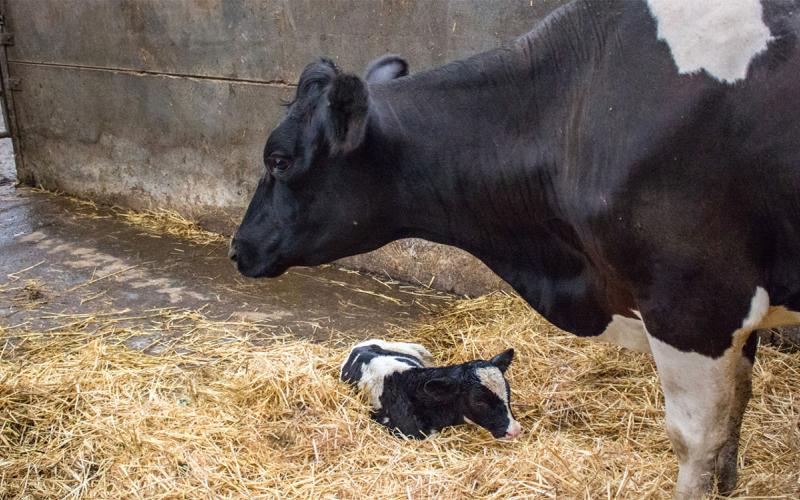
Adopt-A-Cow: Dairy
Virtual program for students to follow their "adopted" cow and calf through-out the school year.
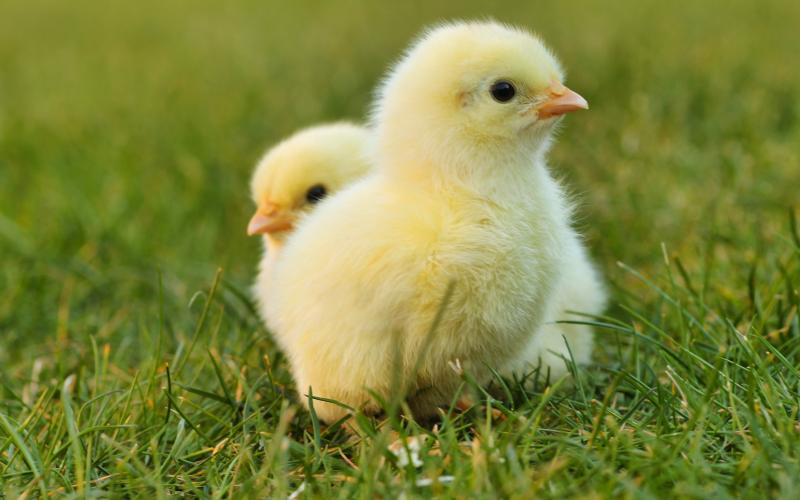
Chicks in the Classroom
Materials for teaching chicken embryology to Kindergarten – 4th grade.
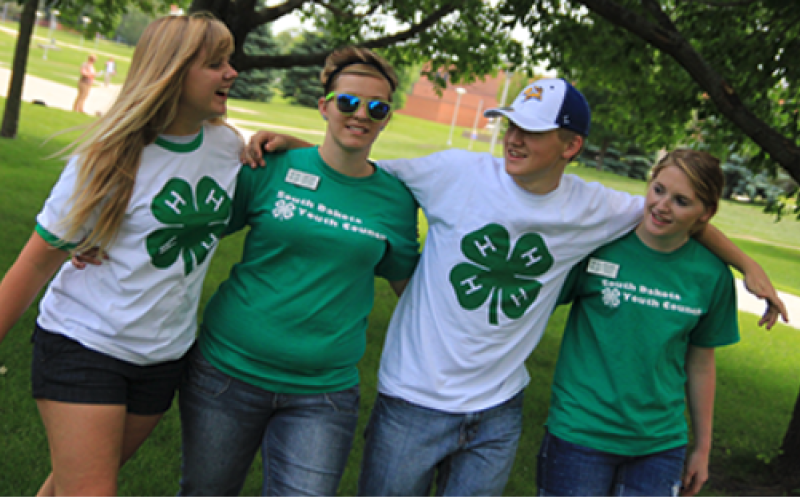
Adulting: Free Trial
Adulting: Free Trial is a one-day event for high school students- ideally, sophomore, juniors or seniors.
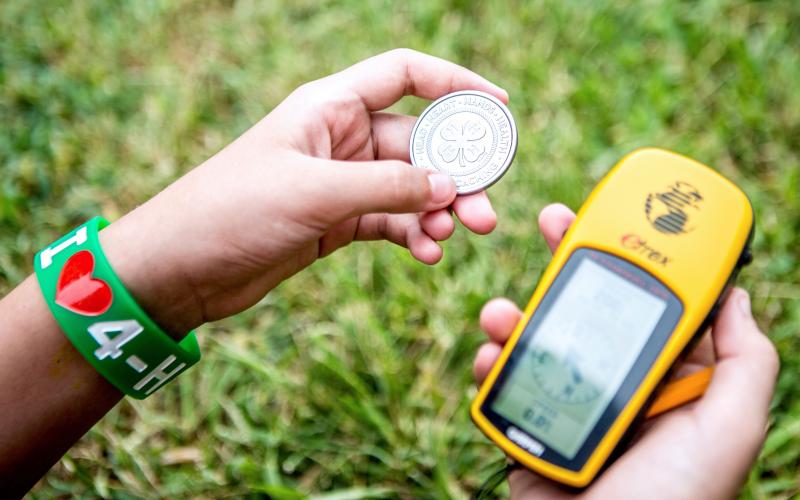
Science, Technology, Engineering and Math (STEM)
STEM programing supports youth in developing a variety of skills including critical thinking, team work and communication.
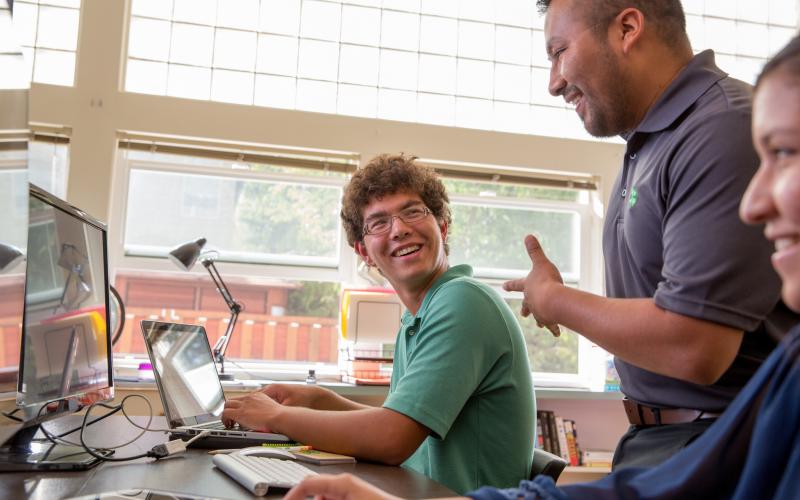
STEM on a Dime
Resources for quality science, technology, engineering and math (STEM) activities that are inexpensive.

Importance of Good Record Keeping: The Science & Engineering Notebook
Scientists and engineers use special notebooks or journals to make daily logs of what they are doing and what they have learned.

Youth Research: Where to Begin
Whether working on a science fair project, writing a class report, or just looking for general information on a topic it is a good idea to become familiar with the basic practices of conducting research.
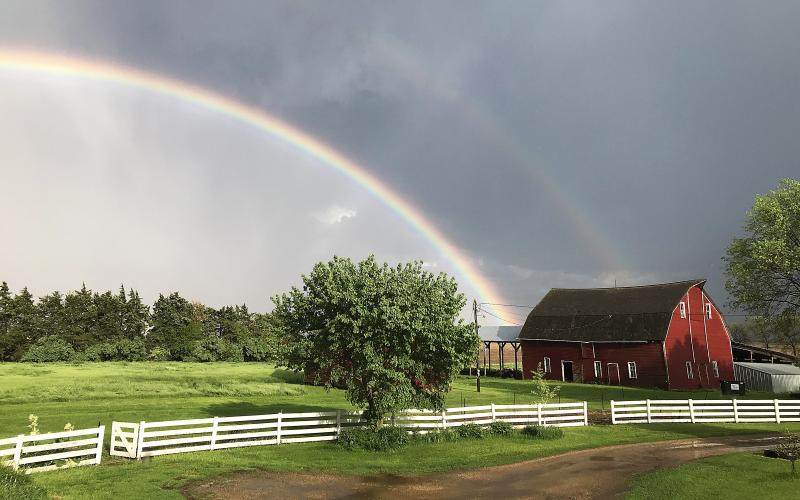
South Dakota 4-H Robotics - Getting Started
In South Dakota 4-H Robotics is about much more than the competition. It is about the development of youth through experiential learning. During the program youth are introduced to a variety of science, technology, engineering, and math (STEM) concepts, but also develop a variety of life skills including, but not limited to: problem solving, communication, and teamwork.